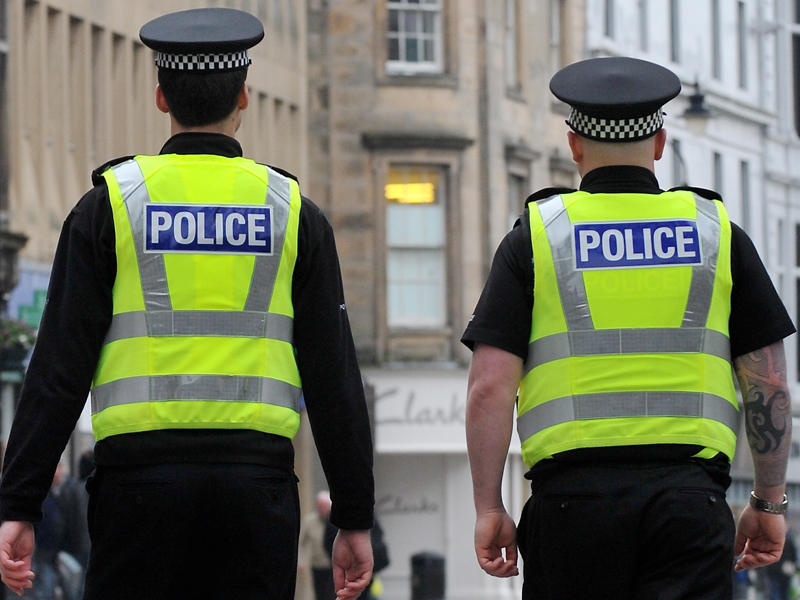A top union official has claimed morale among police civilian staff in the north is so low they have become an “endangered species”.
Frank Winston said some of his members were scared to even take a day off sick in case it cost them their jobs
The north convener of the Unison union also claimed others had quit without redundancy because their work was making them ill.
Mr Winston also said officers were now being asked to carry out work normally done by civilian staff.
But last night, Police Scotland insisted its policy was not to “backfill” vacant civilian posts with officers.
Mr Winston spoke out days after the force’s north area commander Chief Superintendent Julian Innes revealed that 44 experienced officers had transferred from other divisions to work in the Highlands and islands.
The union official said: “I wish them well – who would not want to work here?
“But this has painted a very rosy view of life in Police Scotland for those who work in the Highlands and islands.
“Sadly, the same cannot be said for many police staff or civilian workers who have become something of an endangered species.
“The reality is that they have felt obliged to take redundancy because in many cases their job has ceased to exist or has been reorganised or de-skilled to such an extent it is not the same job.
“Their day is full of uncertainty and worry about the future.
“Staff have seen their work being moved south, sometimes not being aware that this is the case until their computer says ‘no’.
“There are instances of ‘presentee-ism’ – where folk are frightened to take sick time off work in case it endangers their position.
“And we have had staff leave without taking redundancy because it was realised work was making them ill.”
Mr Winston added: “Police officers are now being tasked to carry out duties previously carried out by civilian staff, although they are sometimes earning more than double their salary.
“Where is the fiscal sense in that, never mind the question of ability?
“After all, officers joined to be, and are good at being, officers. They did not join to be pretend police staff.”
Scottish Labour justice spokesman, MSP Graeme Pearson, said he raised the issue repeatedly with the national police authority, but claimed it “dodged the issue”.
He said: “I have raised the issue about backfilling and, although the authority has said there is no policy on this, I believe that police officers are doing the work of other people who have lost their jobs.”
Mr Pearson, who was an assistant chief constable in the former Strathclyde force and director general of the Scottish Crime and Drug Enforcement Agency, added: “This is a poor use of officers and not good value for money.”
Rhoda Grant, Labour MSP for Highlands and islands, said last night: “Civilian staff have borne the brunt of the cuts imposed by the Scottish Government as part of their pledge to keep police officer numbers up.
“But in order to keep this promise, civilian staff have lost their jobs and front desks have closed at several police offices.
“It is inevitable, though, that jobs still have to be done and police officers, whose salary costs much more, are being used. This is a problem that everyone is aware of.”
A Police Scotland spokeswoman said: “As we have repeatedly said, Police Scotland does not have a policy to backfill police staff roles with police officers.”
She also confirmed that the force employed a total of about 25,000 people at the moment.
The minimum number of qualified police officers required at any time is 17,234, but that figure is currently about 17,500, meaning 7,500 of the total workforce are civilian staff.
This includes anyone who is not a qualified officer, and covers office workers, community wardens and similar roles.
A Scottish Government spokeswoman said ministers had no involvement in the way Police Scotland deployed its staff.
